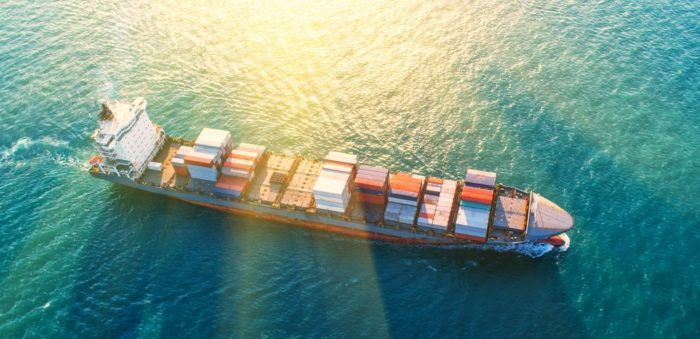On Tuesday 4 and Wednesday 5 September 2018 more than 45 participants from Belgium, Netherlands, Germany, Switzerland, France, Croatia, Czech Republic, Finland, Sweden, Russia, Bulgaria met in Saint Petersbourg, Russia, to discuss “automation in European Inland Waterways”.
Delegations consisting of both rank and active crewmembers, as well as trade union officials voiced their concerns about the future of their profession and the dangers of ignoring the value of the human factor.
[smlsubform prepend=”GET THE SAFETY4SEA IN YOUR INBOX!” showname=false emailtxt=”” emailholder=”Enter your email address” showsubmit=true submittxt=”Submit” jsthanks=false thankyou=”Thank you for subscribing to our mailing list”]
They also expressed the need to establish international standards, while the results of the seminar will be evaluated in the section and will contribute to the adoption of a future policy on automation in the sector.
ETF Inland Waterways Section President Joris Kerkhofs noted:
Automation is unstoppable. But it also has to be looked at from a workers’ perspective and properly accompanied by social dialogue. Let’s create the future together!
Experts from Antwerp University, the Russian University of Transport, the Ministry of Infrastructure and Water Management, the Directorate for Maritime Affairs of the Netherlands and the Central Commission for the Navigation of the Rhine brought the expertise needed to help ETF define its plans regarding the future of automation in the European Inland Sector.
In the same wavelength, Nick Bramley, ITF Inland Waterways Section President, mentioned that both digitalisation and automation are challenging workers in all transport modes and society in general.
In order to mitigate these issues, an early recognition and definition of the challenges to inland waterways transport are vital, Mr. Bramley added.































































